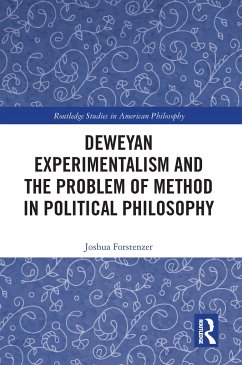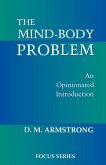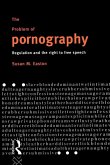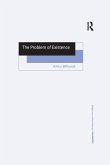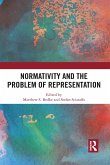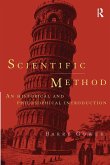This book proposes a pragmatist methodological framework for generating practically relevant political philosophy. It draws on John Dewey's social and political philosophy to develop an "experimentalist" method, thus charting a middle course between idealism and realism in political philosophy. Deweyan experimentalism promises to balance civic deliberation, empirical facts, and moral considerations by reconstructing Dewey's pragmatist conceptions of 'philosophy' and 'democracy' from the perspective of social action. While some authors have taken the steps to articulate Dewey's experimentalism, they have focused on institutional rather than methodological implications. This book is original in the ways in which it situates the role of ideas in political practice and contemporary political problems. Additionally, it underlines the similarities between today and the historical context in which Dewey wrote, connects Dewey's social and political philosophy to Greek and Roman mythology, and concludes with a timely case study in which the author's methodological insights are applied. The result is a book that offers a focused reconstruction of Dewey's work and shows its relevance for engaging with contemporary issues in political philosophy and political theory.
Hinweis: Dieser Artikel kann nur an eine deutsche Lieferadresse ausgeliefert werden.
Hinweis: Dieser Artikel kann nur an eine deutsche Lieferadresse ausgeliefert werden.

